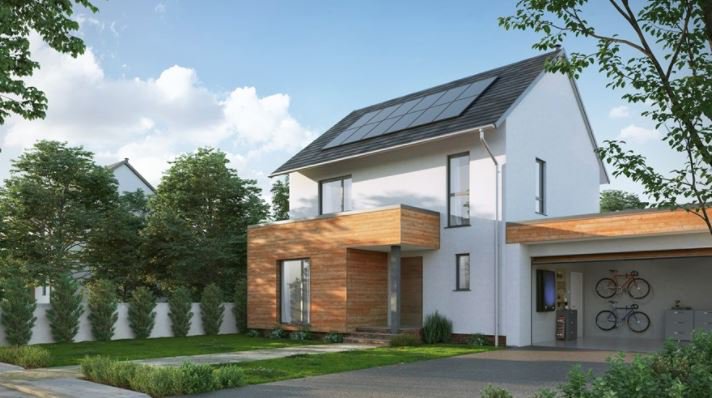Utilities have called for changes to “outdated” gas and electricity levies in a bid to decrease costs of electrified heating and save the poorest households more than £100 a year.
Currently, 23% of the cost of electricity is made up of environmental and social obligation costs, with the costs of numerous decarbonisation programs funded through the levy. However, gas costs include less than 2% of environmental and social obligation costs.
In order to drive down unabated gas use for domestic heating, this needs to change, utilities told Bloomberg.
Speaking to Current±, Michael Lewis, E.On UK CEO, said: “Lumping social and environmental levies on to the electricity side of the bill means that gas – the main polluter in UK homes – effectively has its ‘thumb on the scale’ when it comes to the true cost of energy in the UK.
“About a quarter of the electricity bill is made up of policy costs but it’s just too simplistic to move those costs over to the gas bill. What about the immediate impact on those least able to switch away from gas in their homes, and least able to afford a sudden and significant increase in their heating bills?
“Yes we need to switch to cleaner forms of heating – and quickly – but we need to drive that change in a fair way that doesn’t risk increasing fuel poverty and penalising those least able to afford to change.”
The need to decarbonise the UK’s heating system is gaining increasing attention, with homes emitting 20% of the UK’s greenhouse gases. While the electricity network in the UK has been decarbonising at pace, with 2020 marking the first year renewables overtook fossil fuels, the same has not been true of the heat networks.
A report from the UK Energy Research Centre in 2020 found that at its current rate it will take the UK 700 years to transition to low-carbon heating for example. While the government has since committed to more ambitious targets for technologies such as heat pumps, challenges remain, in particular the low cost of gas in comparison to electricity currently, in part because of these levies.
The Environmental Audit Committee warned in a report in December that the cost of electricity could cause the rollout of heat pumps to fail, as the technology must be made affordable for consumers.
In order to reach a point where heat pumps can truly compete, funding for energy efficiency at scale must be ramped up continued Lewis, “through schemes like ECO and the Green Homes Grant – by far the best way to reduce overall consumption and cut bills – while at the same time taking environmental levies out of the energy bill altogether and funding them through general taxation”.
“Moving policy costs from energy bills to general taxation would save the poorest households more than £100 a year, with 70% of UK households seeing savings.”
New gas levies are expected to be announced as part of the government’s budget next month, which utilities are hoping could rebalance this “paradoxical situation”.
Greg Jackson, CEO and founder of Octopus Energy, pointed to renewables themselves becoming increasingly cheaper than fossil fuel-generated electricity, “but customers are still having to pay outdated levies and taxes on these green electrons”.
Read more: CURRENT




